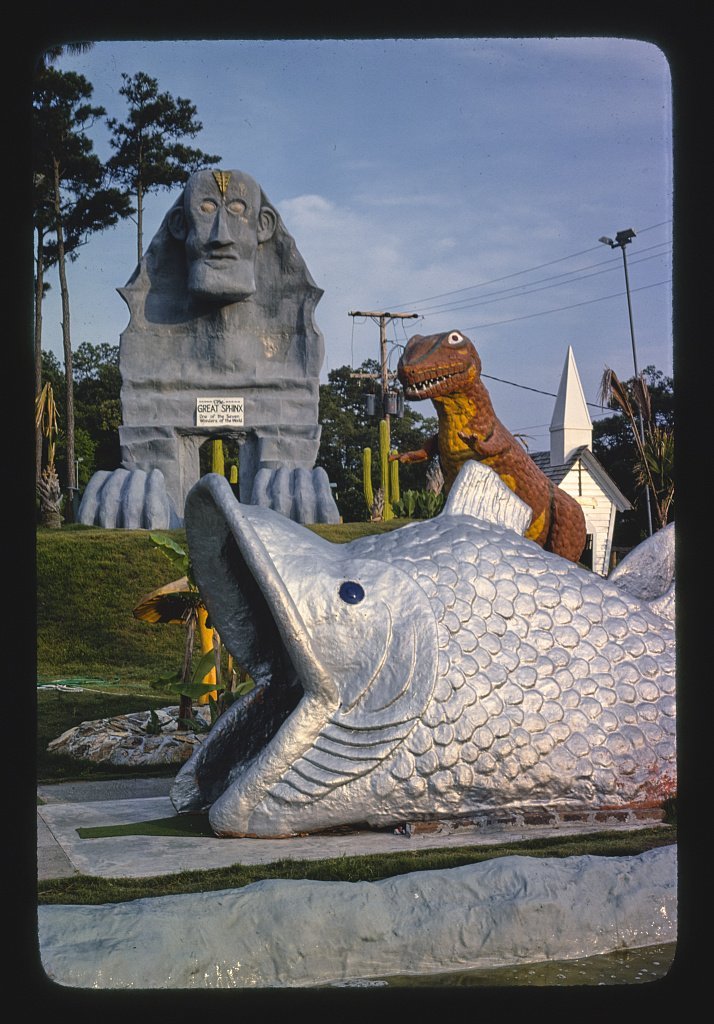Ripley’s Aquarium of Myrtle Beach offers visitors an extraordinary underwater journey into the mysterious world of octopuses. Nestled in the heart of South Carolina’s coastal region, this marine attraction showcases the incredible Giant Pacific Octopus, providing an immersive experience that educates and fascinates visitors of all ages about these remarkable cephalopod creatures.
What Makes the Octopus Exhibit Unique?

The octopus exhibit at Ripley’s Aquarium represents more than just a display—it’s a window into one of the ocean’s most intelligent and adaptable creatures. Visitors can observe the Giant Pacific Octopus in a carefully designed habitat that mimics their natural marine environment.
Key Characteristics of the Octopus
| Characteristic | Description |
|---|---|
| Species | Giant Pacific Octopus |
| Size | Can grow up to 16 feet across |
| Intelligence | Considered one of the most intelligent invertebrates |
| Habitat | Rocky coastal areas of the Pacific Ocean |
How Do Octopuses Survive in the Aquarium?

Ripley’s Aquarium maintains a meticulously controlled environment that supports the octopus’s complex needs:
- Temperature Regulation: Precise water temperature matching natural habitat
- Enrichment Activities: Puzzles and interactive elements to stimulate mental engagement
- Specialized Feeding Protocols: Nutritionally balanced diet mimicking ocean prey
What Can Visitors Learn About Octopuses?
The exhibit offers multiple educational opportunities:
- Camouflage capabilities
- Problem-solving skills
- Unique anatomical features
- Ecological importance in marine ecosystems
Fascinating Octopus Adaptations
Visitors will discover how octopuses:
– Change color and texture instantaneously
– Solve complex puzzles
– Escape from seemingly secure enclosures
– Use tools in remarkable ways
Why Are Octopuses Important to Marine Conservation?
The Ripley’s Aquarium octopus exhibit serves multiple purposes:
– Raising awareness about marine biodiversity
– Highlighting the importance of ocean conservation
– Educating visitors about cephalopod biology
– Promoting understanding of complex marine ecosystems
What Makes the Exhibit Interactive?
While direct interaction is limited to protect the octopus, the exhibit offers:
– Large viewing windows
– Informational placards
– Periodic educational presentations
– Multimedia displays explaining octopus behavior
Visitor Tips
- Visit during less crowded times for better observation
- Attend scheduled marine biology talks
- Observe the octopus’s behavior patiently
- Respect the marine environment
Technical Exhibit Details
- Location: Living Gallery section
- Exhibit Type: Controlled marine habitat
- Viewing Accessibility: Multiple angle perspectives
- Conservation Focus: Marine education and preservation
Visitor Experience Highlights
The octopus exhibit combines scientific accuracy with engaging presentation, making complex marine biology accessible to visitors of all ages. By creating an immersive environment, Ripley’s Aquarium transforms marine education into an unforgettable experience.
Reference:
– Ripley’s Aquarium Official Website
– Marine Biology Research Sources

